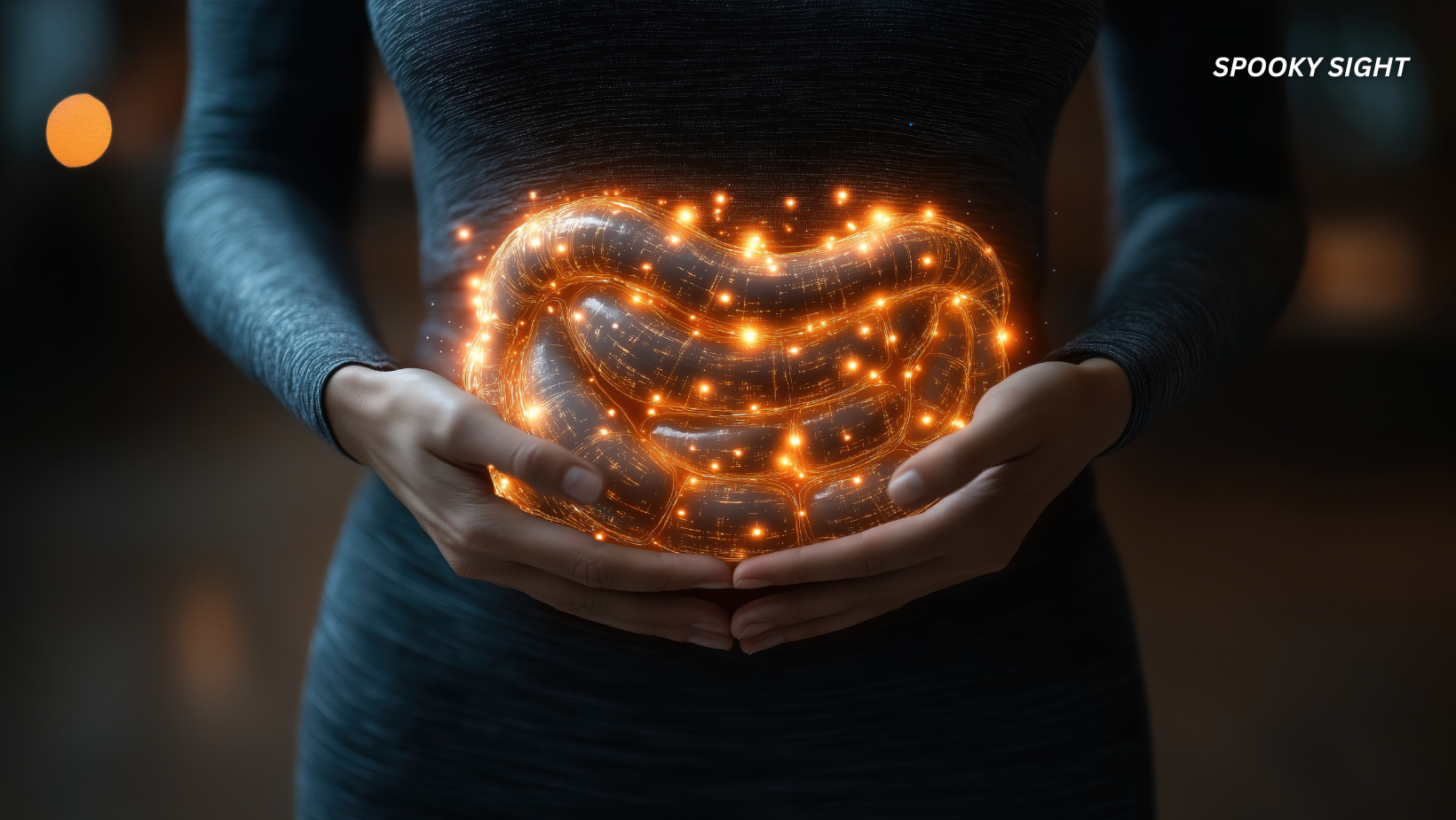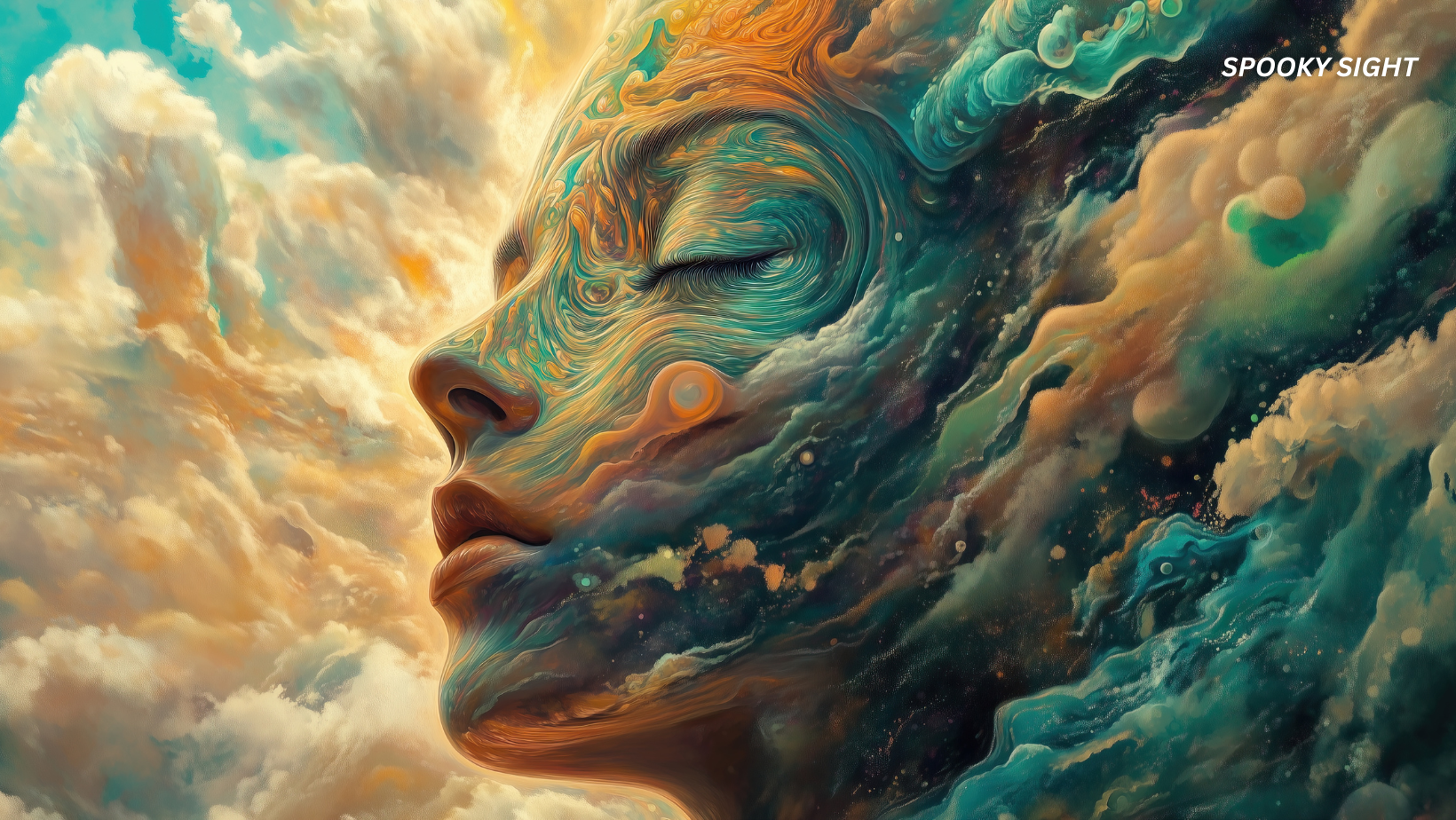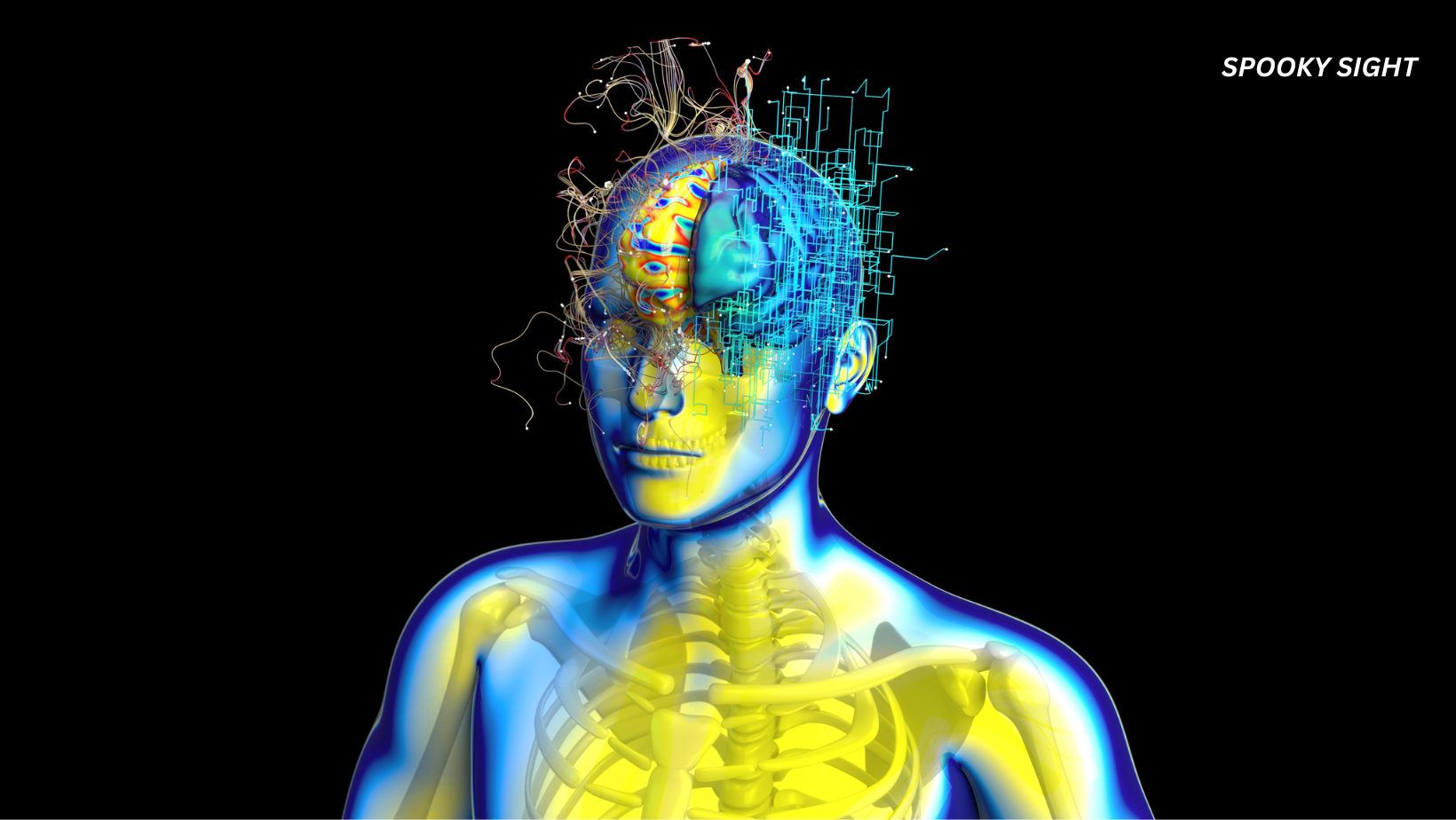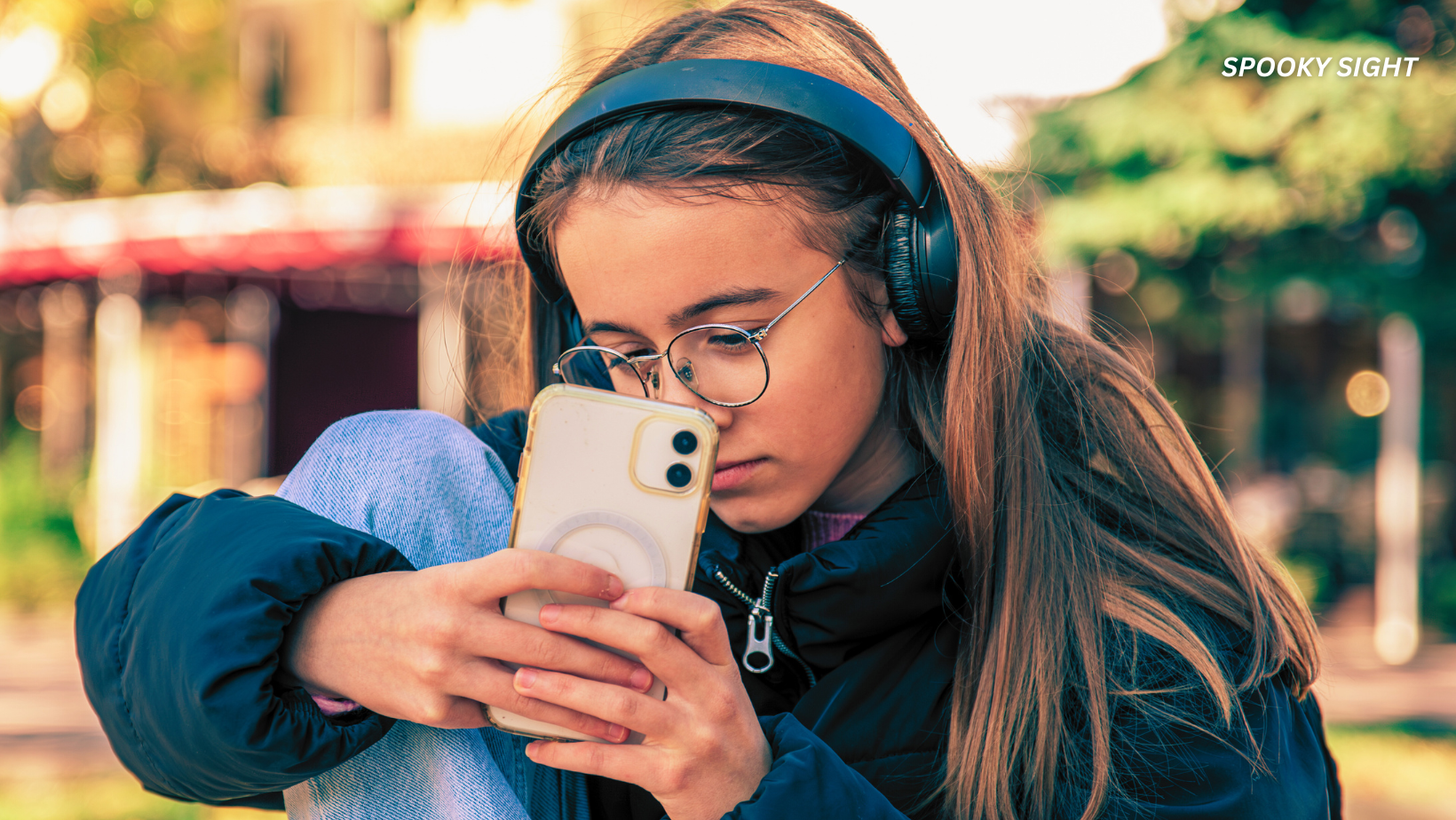Most people are familiar with the phrase “trust your gut.” It’s the idea that deep down, you sometimes just know what to do—even when you can’t explain why. These gut instincts can be surprisingly accurate: you hesitate before crossing the street only to see a car speed past, or you suddenly feel compelled to call a friend who then says, “I was just thinking about you.”
Usually, we explain these moments as intuition, a mix of past experiences, unconscious pattern recognition, and maybe a touch of coincidence. But what if gut feelings are not only about the past? What if they’re actually messages from the future?
That’s exactly what some researchers suggest. A small but intriguing body of work argues that precognition—the supposed ability to sense or predict future events—may have a real scientific basis. And at the center of this conversation is neuroscientist Julia Mossbridge, who has spent years exploring whether those nagging feelings of déjà vu and sudden insight are more than just tricks of the brain.
Precognition: An Old Idea With a New Twist
The belief that humans can glimpse the future is not new. Ancient oracles in Greece, shamans in indigenous cultures, and mystics in Tibet all spoke of visions, dreams, or signs that foretold events yet to unfold. Entire civilizations made political and military decisions based on what seers and prophets claimed they saw ahead of time.
But modern science has largely dismissed such claims, viewing them as superstition. The notion that people could know the future without logical cause seemed incompatible with the laws of physics. Yet, in recent decades, stories and even experiments have nudged this once-dismissed idea back into discussion.
Julia Mossbridge, for instance, has been recording her dreams since childhood—many of which she claims later matched real-life events. She doesn’t describe them as mystical visions but as memories arriving early, suggesting that time doesn’t always flow in the neat, linear way we experience it.
Read more: “Planet Y” Might Be Lurking on the Edge of Our Outer Solar System, Scientists Say
Real-Life Stories of Future Glimpses
Beyond the world of laboratories, countless individuals have reported brushes with the future. Some stories are trivial, others uncanny:
- The Lottery Dream (2012): Fatih Ozcan, a Turkish waiter, dreamt that he and his boss would win the lottery. Acting on the dream, they bought a ticket and—against the staggering odds—won. Newspapers worldwide picked up the story, which many saw as proof of precognition in action.
- Business by Psychic Insight: Michael D. Austin, founder of Soul Rider, reportedly hired a team of “remote viewers” to help guide financial strategies. These viewers claimed to use extrasensory perception to advise on investments. Oddly enough, Austin credits them with several correct predictions.
- Crypto Predictions: Daz Smith, a well-known figure in the remote viewing community, has made claims about predicting cryptocurrency shifts using psychic techniques. Though skeptics chalk it up to chance, believers point to his track record as evidence that something unusual is happening.
Of course, not every claim can be proven—or even taken seriously. But the persistence of such stories across cultures and eras suggests that humans have long sensed there’s more to “gut feelings” than we understand.
The CIA’s Secret Foray Into the Paranormal
Perhaps the most surprising twist in this story is that the U.S. government once poured millions of dollars into studying psychic phenomena.
Beginning in the 1970s, during the Cold War, the CIA launched “Project Stargate,” a top-secret program dedicated to researching remote viewing and precognition. The idea was simple but extraordinary: could psychics be trained to spy on enemies or locate hidden targets from afar?
For more than two decades, researchers worked with psychics under controlled conditions. By the time the project was declassified in 1995, around $20 million had been spent.
Among the most striking cases was Rosemary Smith, a psychic who in 1976 reportedly identified the location of a downed Soviet plane—something intelligence officials had been unable to find. Documents revealed that while not every attempt was successful, the CIA concluded remote viewers could provide useful information alongside traditional intelligence methods.
Though the program was eventually shut down, its findings remain a peculiar chapter in U.S. history—one that leaves room for the possibility that gut feelings might hold more weight than chance alone.
Read more: ‘Alien’ Object Speeds Toward Earth—NASA Has Revealed Exactly When It Will Arrive
Gut Feelings as “Future Memories”
Julia Mossbridge offers a radical reframe: perhaps these gut instincts are simply memories that have slipped the usual timeline. If time isn’t linear—as many physicists now believe—then what we call the “future” may already exist in some form, allowing certain people to access fragments of it.
Instead of thinking of precognition as magical fortune-telling, Mossbridge suggests it’s like recalling a memory—except the memory hasn’t technically happened yet. For her, the brain is not only a recorder of the past but also a receiver of signals from beyond the present moment.
Dean Radin’s Experiments
Supporting this idea is Dean Radin, chief scientist at the Institute of Noetic Sciences. Radin has spent years designing experiments to test whether the brain can anticipate events before they occur.
One of his most talked-about studies took place at the University of Nevada. Participants were hooked up to EEG machines that tracked their brainwaves. They were asked to press a button, which would trigger a random image—either pleasant (like a sunrise) or disturbing (like a violent accident).
What Radin found was startling: brain activity often spiked before the negative images appeared, even though participants had no way of knowing what was coming. Their bodies seemed to anticipate the emotional punch seconds in advance, as if their awareness had jumped ahead of time.
Why It Matters
If gut feelings are indeed tied to future memories, the implications are enormous. It would challenge our understanding of time, free will, and even consciousness itself. Imagine a world where intuition isn’t just guesswork but a legitimate sense that taps into what hasn’t yet unfolded.
Still, the scientific community remains cautious. While experiments like Radin’s are intriguing, they need replication and broader validation before being accepted as fact. Many scientists point out that coincidences, cognitive bias, and selective memory often explain why people think they predicted the future.
Yet even skeptics admit that time itself is one of the great mysteries of physics. In quantum mechanics, time may not exist in the rigid, linear form we experience daily. If that’s true, perhaps consciousness has ways of navigating it that we don’t yet fully grasp.
Everyday Examples: When the Future Feels Close
Even without laboratory proof, many people quietly accept that gut instincts sometimes feel eerily accurate. Consider:
- The parent who wakes suddenly in the night, sensing their child is in trouble—only to receive a call moments later confirming it.
- The traveler who avoids a plane or train due to a strange feeling, later hearing about delays or accidents.
- The sudden sense of recognition when meeting a stranger, as if some unseen thread connects past, present, and future.
These moments don’t prove precognition. But they highlight how often human experience brushes against the boundaries of time.
Read more: If You Stay Up Past Everyone Else, You Likely Share These 12 Traits
A Quirky Possibility
For now, the debate continues. To some, precognition is nothing more than fantasy dressed in pseudoscience. To others, it is an overlooked aspect of human potential—an intuition that extends further than we realize.
Mossbridge and Radin don’t claim to have solved the mystery of gut feelings, but their research invites us to keep questioning the nature of time and consciousness. After all, what seems impossible today often becomes tomorrow’s science.
So the next time your stomach twists for no reason, or your instincts tug you in an unlikely direction, pause before brushing it off. That hunch may not just be a product of your past. It could, just maybe, be a memory—delivered early—from your future.
Image: Freepik.









